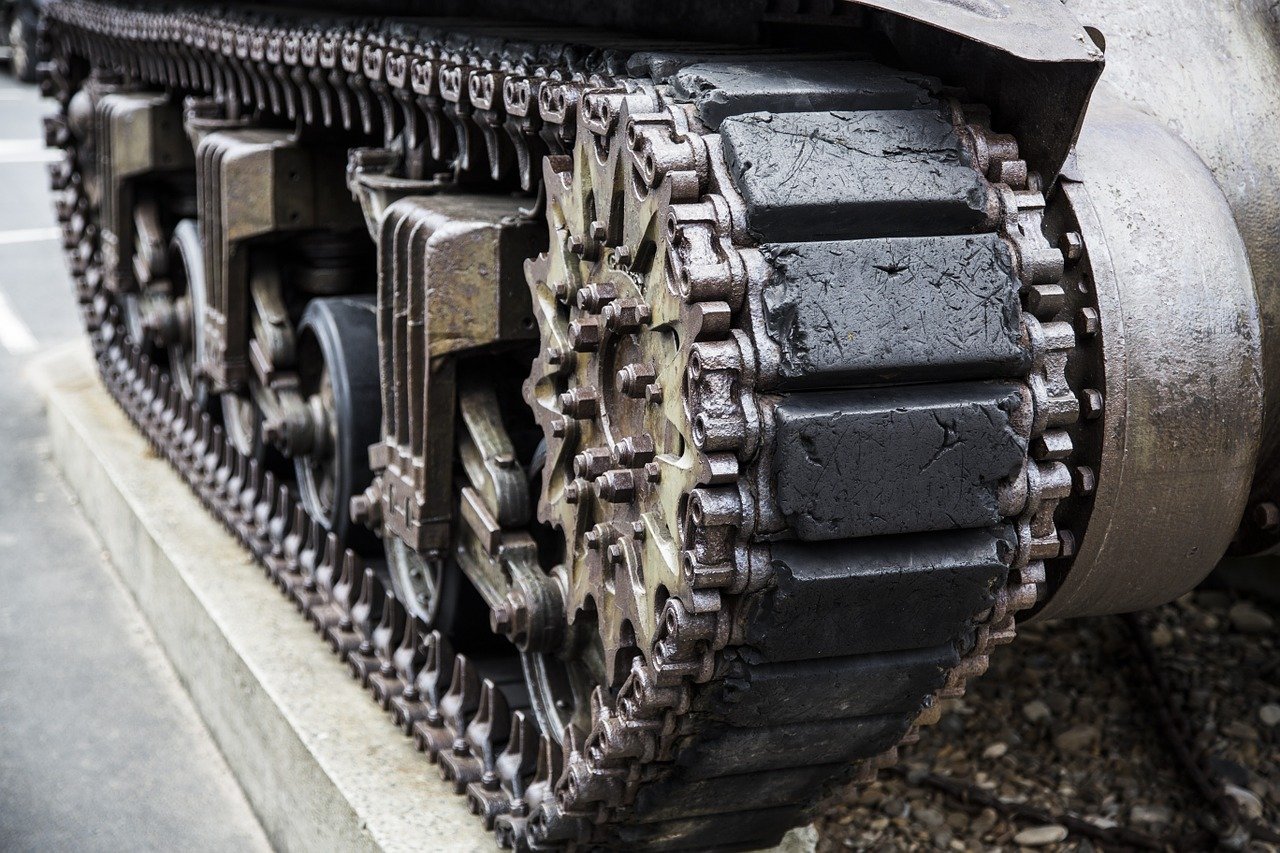While we are waiting to see if Judge Ketanji Brown’s nomination to the Supreme Court would be successful or not, we decided to take a look at some very important cases that the Justices would deliberate soon.
We aim for this type of articles to be unbiased and simply informative. No matter where you stand on the political compass, it’s your right as an American citizen to know what’s going on in the Supreme Court and to make your own mind about it.
West Virginia v. EPA
Let’s start with perhaps the most heated cases now, the ones against the US Environmental Protection Agency (EPA). There are currently four Supreme Court cases against the government agency: West Virginia v. EPA, North American Coal Corp. v. EPA, Westmoreland Mining Holdings v. EPA, and North Dakota v. EPA.
Rather than responding to each one individually, the Supreme Court consolidated them, because they all refer to the same issue. The so-called umbrella case is West Virginia v. EPA.
The question the judges will consider is whether the Clean Air Act authorized the EPA to enact laws that can impact the electricity grids and various sectors of the economy without almost any limits except for cost, nonair impacts, and energy requirements.
What this question refers to is the ability of the EPA to regulate carbon dioxide emissions. If the plaintiffs are successful, the EPA’s regulatory powers would be heavily impacted.
Proponents argue that the EPA is too powerful and that its regulations would severely damage the economy of many states, while the opponents say that the EPA should be allowed to monitor and limit emissions to avert a climate crisis.
The oral arguments were heard on February 28, 2022, but it might take months until the Justices arrive release a decision, considering the scope of the case.
Some believe that the conservative majority of the court (6-3) would judge in favor of the plaintiffs, because Republicans support similar legislations, but it’s really hard to say for now.
Ruan v. United States
Another heavily debated case is Ruan v. United States. The case was consolidated with Kahn v. United States. Xiulu Ruan and Shakeel Kahn, two medical practitioners, are the plaintiffs who successfully brought their cases to the attention of the Supreme Court.
They are both currently imprisoned with sentences over the 20-year mark. Ruan’s sentence is 21 years and Kahn’s is 25 years. They are thought to have operated “pill mills”, or otherwise said, they distributed opiates to people who didn’t need them and were thus charged in a manner similar to that of drug dealers.
The question to be considered is whether a medical doctor that supposedly prescribes a controlled substance outside the usual course of professional care might be convicted of a crime no matter if he acted in “good faith”.
This case could impact the ability of doctors to prescribe opiates and other controlled substances to their patients. The question is whether the practitioner can defend themselves by saying they acted in good faith if they are ever charged with unlawful distribution of narcotics, which is a federal crime under the Controlled Substance Act.
Back in 1975, the Supreme Court indirectly allowed for the “good faith” argument to be used in any cases that might be directed against medical practitioners. Lower courts continue to struggle with the scope of this defense, and now, depending on the Supreme Court decision, everything can change.
The oral arguments for the case were heard on March 1, 2022. The court appears to side with the plaintiffs, based on early arguments. Their trials might be considered unfair and thus be invalidated.
Ruling on the Indian Child Welfare Act
This court case doesn’t have a specific name or number just yet, but it was announced that the Supreme Court would take the case this year. The plaintiffs in the lawsuit are Jennifer and Chad Brackeen, Nick and Heather Libretti, Jason and Danielle Clifford, and Altagracia Socorro Hernandez.
These people are challenging the Indian Child Welfare Act of 1978; a document they deem unconstitutional. The reason for that is because this act set the rules for adopting Native American children. According to it, Native Americans should be the first considered in the adoption of a Native American child in foster care.
If a child is removed from their parents, the act ensures that the family and extended family of the child receives custody. In case there are no candidates for this role, then members from the tribe that the child belongs to receive preference, followed by members of other Native American tribes.
The Indian Child Welfare Act was put in place due to concerns that Native American children were most often put in non-Native American households, which could lead to them losing connection to their ethnic and cultural identity.
The plaintiffs argue that the act is discriminatory and that it impedes on the Fifth Amendment that guarantees equal protection under the law. The Biden administration and a few Native American tribes are in favor of sustaining the act, but what’s important is the ruling of the Justices.
The case would be heard in the next Supreme Court sessions, which starts in October 2022, and a decision is supposed to be made by June 2023.



